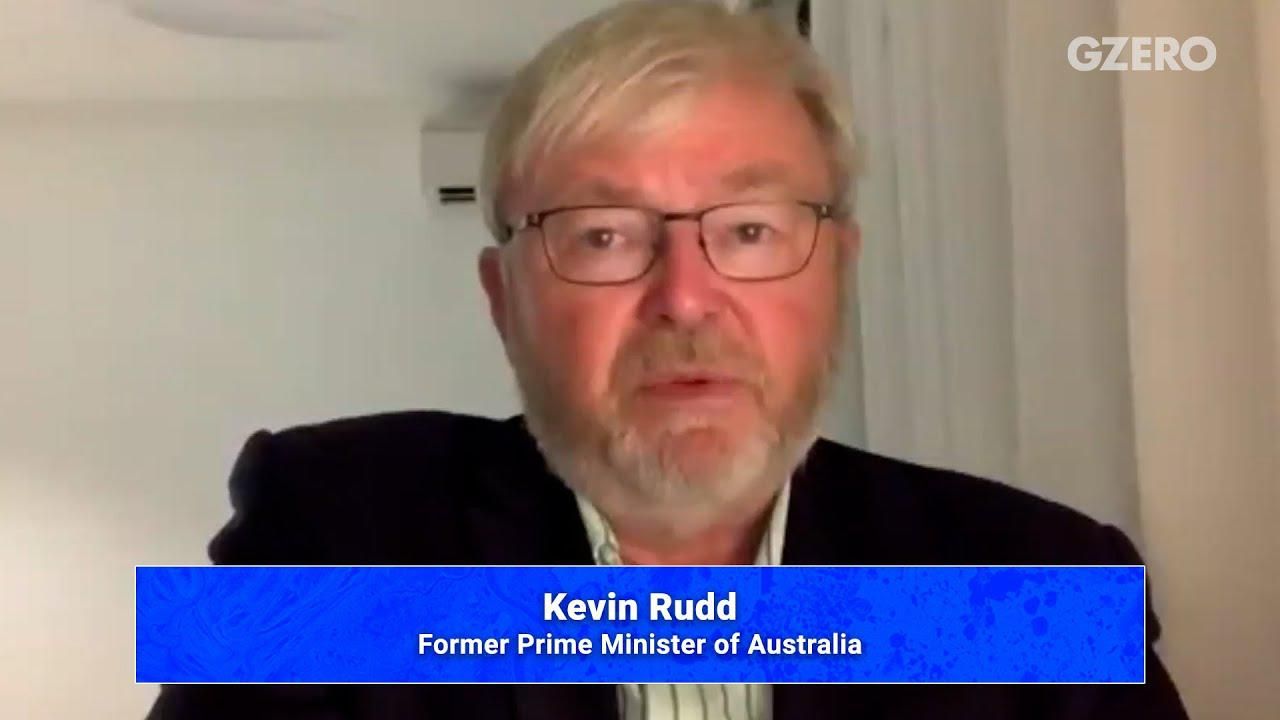For Kevin Rudd, former Australian PM and now CEO of the Asia Society, the science on climate change is pretty much done, so the only unresolved issues are tech and — more importantly — lack of political leadership. He can't think of a single national political leader who can fill the role, and says the only way to get political action on climate is to mobilize public opinion.
Rudd joined for the first of a two-part Sustainability Leaders Summit livestream conversation sponsored by Suntory. Watch here and register here to watch part two Friday 10/22 at 8 am ET.
More For You
Most Popular
There have been several geopolitical shocks this year, yet none have stopped oil prices from plunging, showing how oil markets have become more risk tolerant.
In this "ask ian," Ian Bremmer analyzes Trump’s recent meeting with Zelensky and how close (or far) Russia and Ukraine are from a peace deal.
